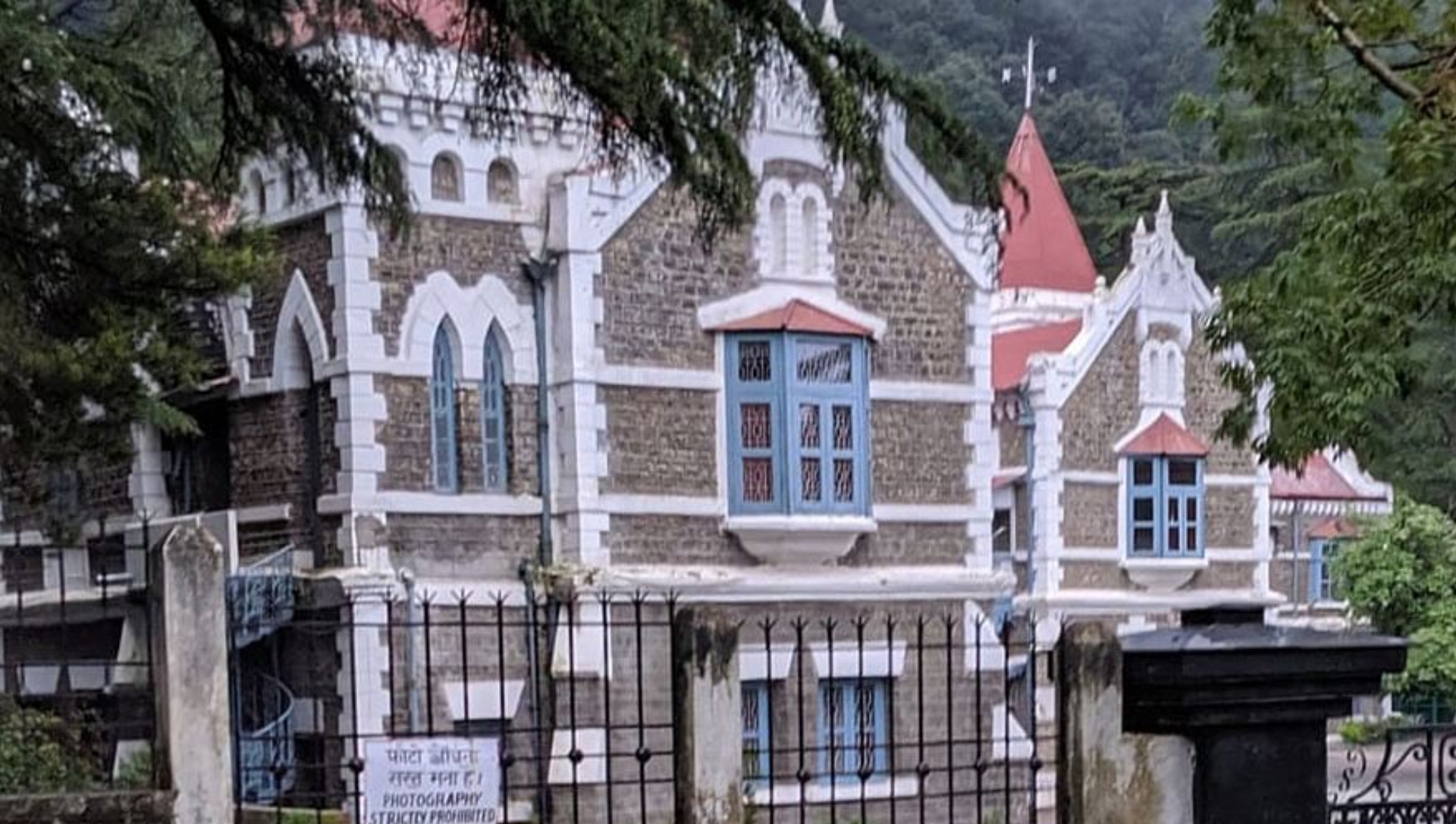


DEHRADUN: Hearing public interest litigation demanding a ban on marriage of girls below 18 years of age, which is allowed in the Muslim Personal Law, Uttarakhand High Court on Friday issued notice to the state and central governments.
The division bench comprising Chief Justice Vipin Sanghi and Justice RC Khulbe asked the state government to submit a reply in the matter.
“She will become a mother while she is a child herself,” said the public interest litigation filed by the Youth Bar Association of India.
The Muslim Personal Law allows a girl to get married at 15 years of age with her consent.
The petition stated that allowing a Muslim girl to get married at 15 years of age by stating Muslim Personal law, while the legal age for a girl to get married is 18 years, is a violation of Article 14.
Stating that the fundamental rights provided to every citizen by the Constitution of India guarantees equality, the petition added, “It violates the right of the Muslim girl and they are more vulnerable to be a victim of crime.”
Adding that the provision of Muslim Personal Law which permits the Muslim girl to enter into a valid marriage is ultra vires to the Constitution of India, the petition stated that it is the duty of the government to protect the interest of the citizen. The petition also stated that the provisions of personal law are overriding the provision of a specific law, which violates the rights of a Muslim girl.
Citing the case of Shayara Bano vs Union of India, the Supreme Court, while declaring triple talaq as unconstitutional, held that all personal laws will have to fall under the constitutional framework and will be subject to public order, morality and health.
Further adding that the religious practices related to marriage should not be a violation of the Constitution of India and if any religious practice is inconsistent with public order, morality or health or a policy of a welfare state it should be repealed.
Adding that child marriage has been evil in our society and to eradicate it the Parliament has implemented a special act (The Prohibition of Child Marriage Act, 2006), which not only sets the legal age of marriage of a girl to be 18 years but also criminalizes the child marriage, the petition said that by allowing child marriage under the shadow of personal law is ultra vires of the Constitution of India.
Stating that the girl who is married at 15 years is most likely to face sexual assault and the Parliament have specifically bought the special act named ‘The Protection of Children from Sexual Offences Act 2012’, to protect children below the age of 18 years from offences of sexual assault and sexual harassment, the petitioner stated, “According to the said Act, sexual assault with a child below the age of 18 years is a heinous offence and special court have been established to deal with such offence in a more effective and expeditious manner.”
The petitioner, listing hazards of underage marriage in the PIL, said that permitting a girl below 18 years of age to contract marriage in the grab of personal law is not only detrimental to our society but the same also portrays a very negative image of our country.
“If a girl gets married at 15 years of age, she will have to drop out of school to look after her family, which violates her fundamental right, more vulnerable to domestic violence as she will be completely dependent on her husband for financial assistance. She won’t be able to live a life with dignity as she won’t have an independent identity. She will not be able to understand the consequences of her getting married so early and getting her married at such early age will end her childhood,” stated the PIL.
The petitioner stating that child marriage has various consequences attached a report titled ‘A Statistical Analysis of Child Marriage in India’ based on Census 2011 published by Young Lives and National Commission for Protection of Child Rights (NCPCR) in June 2017.
“Under the doctrine of ‘parens patriae’ (legal guardian) the State is duty bound to protect the interest and look after the wellbeing of children, particularly minor girls, who are most vulnerable,” said the PIL.